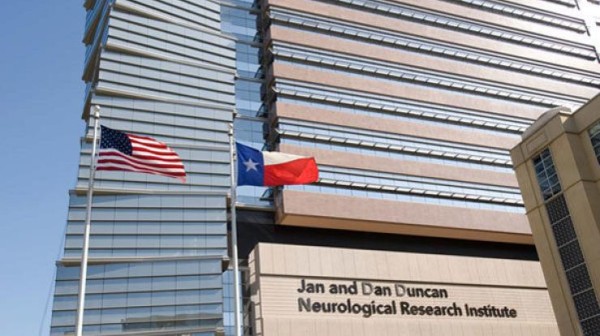New immunotherapy for children with solid tumors including liver, kidney and additional rare cancers
Diseases
This study currently enrolls pediatric patients who have GPC3-positive hepatoblastoma, hepatocellular carcinoma, rhabdoid tumors, Wilms tumors, yolk sac tumors and other rare cancers. Patients may be considered if the cancer has come back, has not gone away after standard treatment or the patient cannot receive standard treatment.
Description
This is a Phase I research study that uses special immune system cells called GPC3-CAR T cells which also produce a molecule called interleukin-15 (15.GPC3-CAR T cells). It is a new experimental treatment.
The body has different ways of fighting infection and disease. No single way seems perfect for fighting cancers. This research study combines two different ways of fighting cancer: antibodies and T cells. Antibodies are types of proteins that protect the body from infectious diseases and possibly cancer. T cells, also called T lymphocytes, are special infection-fighting blood cells that can kill other cells, including cells infected with viruses and tumor cells. Both antibodies and T cells have been used to treat patients with cancers. They have shown promise, but have not been strong enough to cure most patients.
Investigators have found from previous research that they can put a new gene into T cells that will make them recognize cancer cells and kill them. In preclinical studies, the investigators made several genes called a chimeric antigen receptor (CAR), from an antibody called GC33 that recognizes glypican-3, a proteoglycan found on solid tumors, including pediatric liver cancers (GPC3-CAR).In addition, interleukin-15, a molecule important for T cell function, was found to further improve the antitumor properties of GPC3-CAR T cells. This study will test T cells genetically engineered with a interleukin-15 and a GPC3-CAR in patients with GPC3-positive solid tumors.
The purpose of this study is to find the biggest dose of 15.GPC3-CAR T cells that is safe, to see how long they last in the body, to learn what the side effects are and to see if the 15.GPC3-CAR T cells will help patients.
Eligibility Criteria
- 1 Year to 21 Years
- Relapsed or refractory GPC3-positive solid tumors
- Acceptable organ function
- GPC3 expression confirmed by histology
Detailed inclusion and exclusion criteria are listed on clinicaltrials.gov under NCT04377932.
Contact

David Steffin, MD
Texas Children’s Cancer and Hematology Center
dhsteffi@texaschildrens.org
Ramy Sweidan
rxsweida@texaschildrens.org




